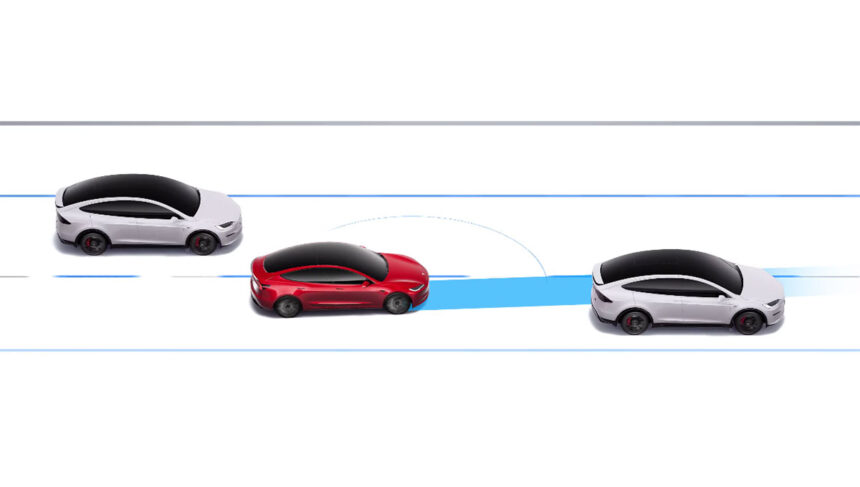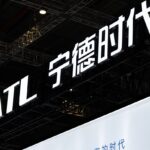Tesla, the renowned electric vehicle manufacturer, recently made significant changes to its smart driving software packages in China. The company decided to modify the name of its software package priced at RMB 64,000 yuan ($8,820), removing the “FSD” designation from the highest-priced package.
The adjustment was implemented yesterday, with the previous name “FSD Intelligent Assisted Driving” being transformed into “Intelligent Assisted Driving.” Furthermore, the name of the free basic version of the Assisted Driving software was altered from “Basic Version Assisted Driving” to “Basic Assisted Driving.”
In addition, the name of the “Enhanced Version Automated Assisted Driving” software package, priced at RMB 32,000 yuan, was changed to “Enhanced Assisted Driving.” The overall description of these functions was also revamped from “Autopilot Automated Assisted Driving” to “Assisted Driving.”
Despite the name change, the functionalities of these three software packages, corresponding to FSD (Full Self-Driving), Enhanced Autopilot (EAP), and Basic Autopilot (BAP) respectively, remain the same. Previously, Tesla had labeled FSD as “Full Self-driving Capability” in China, implying full autonomous driving capability, which was not entirely accurate.
On February 25, Tesla commenced the rollout of advanced smart driving features in China similar to FSD in the US, refraining from explicitly mentioning FSD during the introduction. Subsequently, the feature was renamed from “Full Self-driving Capability” to “FSD Intelligent Assisted Driving.”
In a bid to offer Chinese customers a taste of the FSD features, Tesla announced on March 17 that eligible vehicles could experience the functionality for free until April 16. However, the free trial was later suspended due to pending approvals for the intelligent assisted driving software.
Tesla’s move to alter the name of its smart driving software packages reflects its commitment to aligning its offerings with the Chinese market’s preferences and regulations. The company’s decision to suspend the free trial underscores the importance of regulatory compliance in the deployment of advanced driving features.
While Tesla has been at the forefront of introducing cutting-edge technologies in the automotive industry, it faces stiff competition from local automakers in China. Unlike Tesla, many Chinese automakers provide their Advanced Driver Assistance System (ADAS) features for free to car owners, enhancing the accessibility of advanced driving functionalities.
In conclusion, Tesla’s strategic adjustments to its smart driving software packages highlight the company’s proactive approach to tailoring its offerings to meet the evolving needs of the Chinese market. As Tesla navigates the regulatory landscape and strives to enhance the accessibility of its advanced driving features, it remains a key player in the electric vehicle industry’s ongoing evolution.





